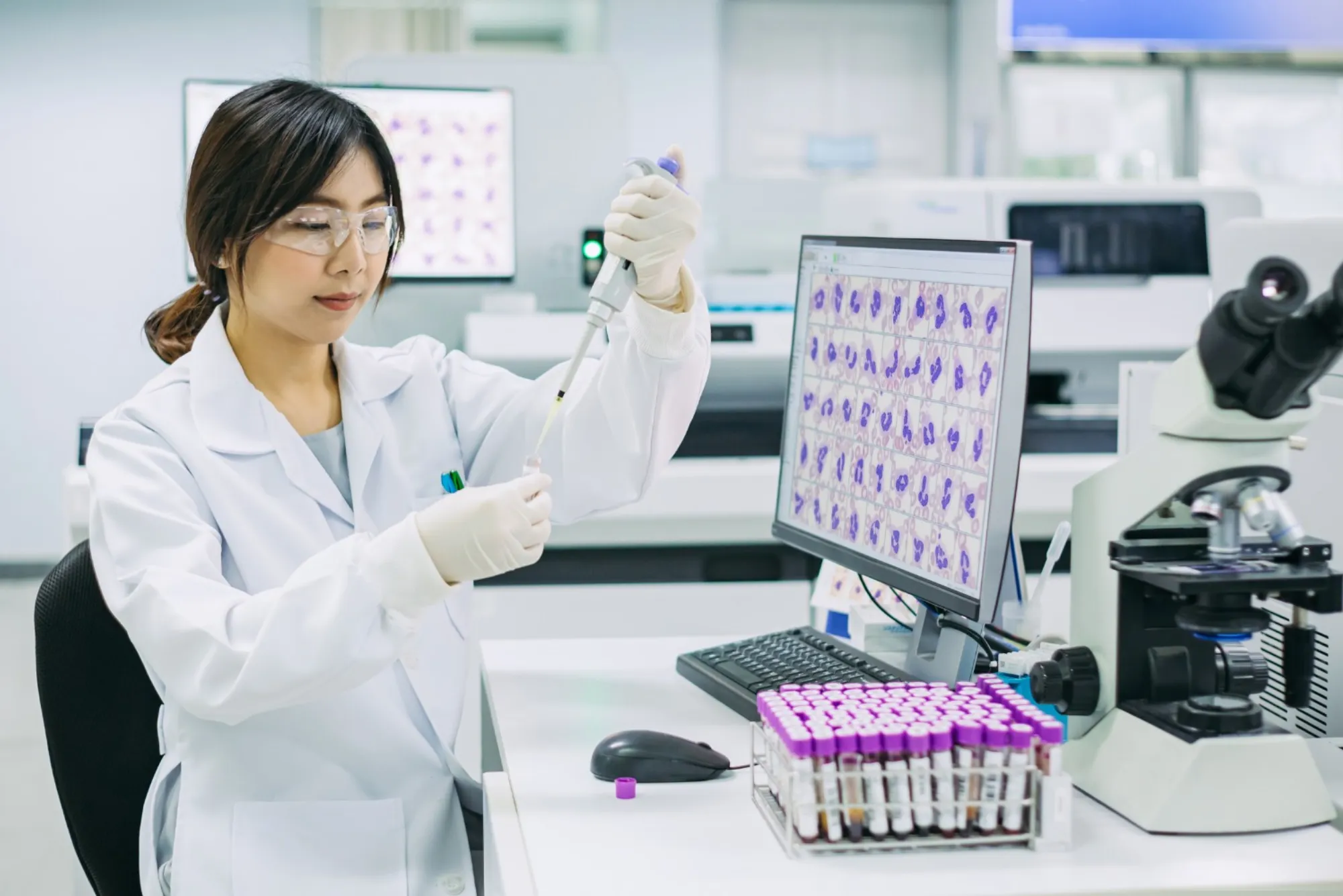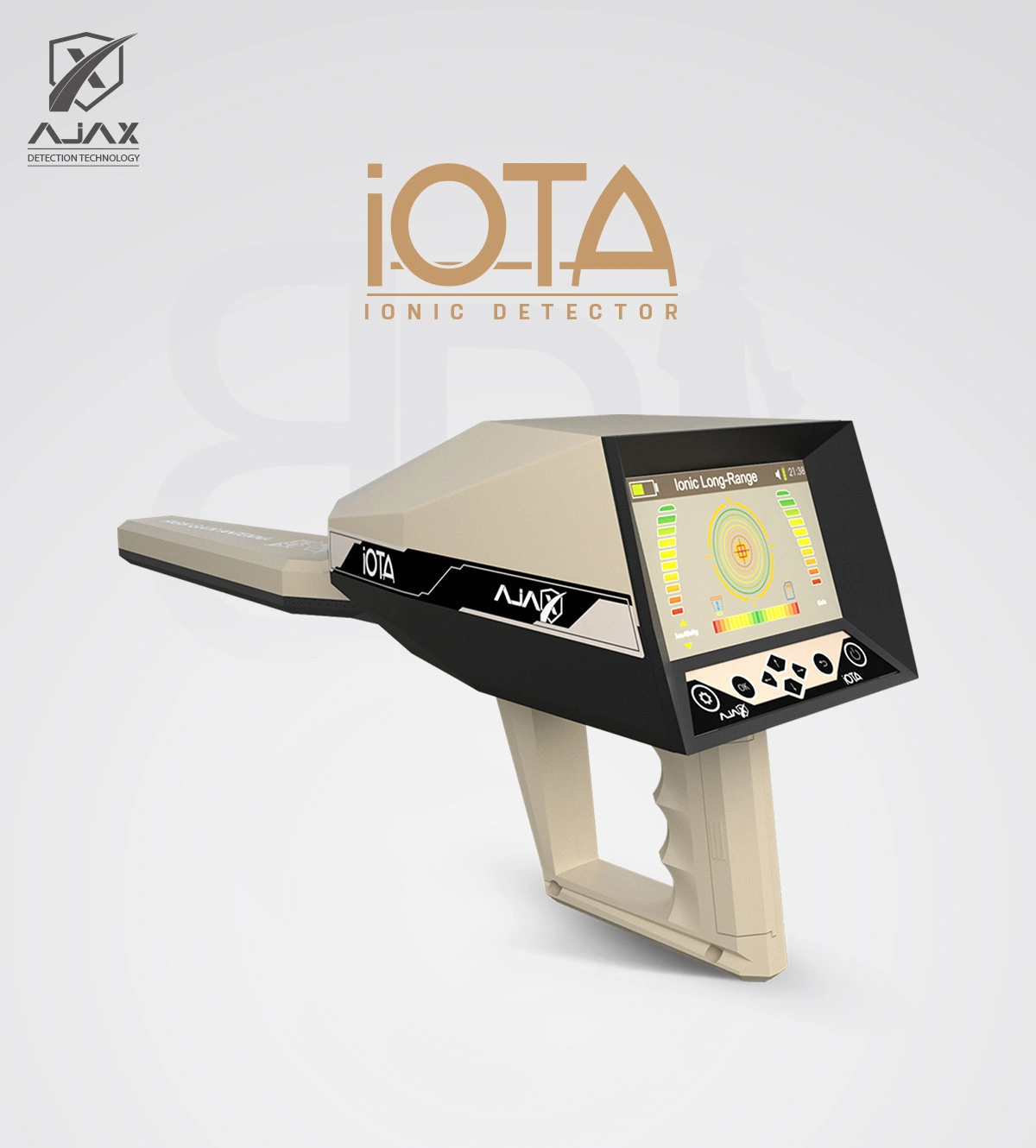Diagnostic tests play a crucial role in the detection of diseases and infections so does HIV testing. It detects the diseases in the early stages allowing the healthcare professionals to treat the disease timely with best and timely treatment while also limiting its spread. Dubai is a city with numerous cutting-edge laboratories that offer advanced and latest screening techniques that guarantee reliable and accurate results while maintaining the privacy and confidentiality of individuals.
This article delves into various testing methodologies that are used in the laboratory for the detection of HIV so that people can understand the different techniques for better understanding and making informed decisions for their wellness and better sexual health.
What is HIV?
Human immunodeficiency virus is a virus that belongs to the Retroviradae family of viruses. Once these viruses enter the body they start attacking the body’s immune system particularly the CD4 cells (T cells) that are responsible for fighting against the infections. If HIV infection is left untreated it progresses to the advanced stage known as Acquired Immunodeficiency Syndrome (AIDS), which is characterized by a severely compromised immune system and the body becomes incapable of fighting off the infections or diseases.
HIV transmission is through body fluids including blood, semen and pre-seminal fluids, rectal and vaginal fluids, and breast milk. The common ways through which the infection is transmitted from one individual to another are as follows;
- Sexual contact without any protection.
- Sharing of infected needles and syringes.
- Mother-to-baby transfer during childbirth or breastfeeding.
- In rare cases blood transfusions as the blood transfusion is performed after strict screening of the blood.
Getting yourself screened regularly for HIV infection is the only solution to manage infection effectively because currently, HIV has no cure but researchers are working tirelessly to find one. Presently the infection is managed by Antiretroviral Therapy. This therapy works by controlling the functioning of the virus allowing the individuals to live a healthy life while also reducing the risk of transmission.
Testing Methodologies for HIV Used in Labs
The advanced technologies and methodologies utilized in Dubai for the screening of HIV with accuracy and reliability include the following;
- Enzyme-Linked Immunosorbent Assay (ELISA): this technique is widely used for the screening of the HIV antibodies in the blood or oral fluids as the initial screening of HIV. This methodology is highly sensitive.
- Western Blot Test: If the ELISA results come out positive the western blot test is performed as a confirmatory test for the detection of specific proteins that are present in HIV to ensure greater specificity.
- Polymerase Chain Reaction (PCR) Test: this technique is used for the detection of the RNA that is the genetic material of HIV, and is commonly used in early detection with high sensitivity. This methodology is used for the detection of the virus in newborns or people who were exposed recently to the virus.
- Rapid HIV Testing: Delivers the results promptly within a few minutes using blood samples or fluid samples from the mouth. It is ideal for quick screening but confirmatory tests are also required for the confirmation of the test results.
- HIV RNA and p24 Antigen Test: This technique works by detecting the virus in the bloodstream even before the immune system has developed the antibodies. It is usually conducted in case of recent exposure as antibody testing is not effective in the early stages.
What Happens During HIV Test?
HIV screening involves a simple procedure. The test is usually straightforward and painless. The general steps involved are mentioned below;
First a medical professional guides and explains the testing procedure in detail and its importance followed by the risk factors associated with contracting the infection and answers the concerns the patient might have.
The sample is collected according to the test type. Commonly samples of blood, oral fluid, and urine are collected. Some test protocols require the sample collection of the blood through a finger prick rather than venipuncture.
If the test results come out negative, then the healthcare professional guides the patient on how to prevent getting the infection and the safe practices to follow whereas if positive test results are received then further testing is prescribed for the confirmation of the disease, and the patient is guided on the available treatment option that best fits their medical health condition.
HIV Screening in Dubai
Dubai is a city of advanced medical facilities that offers a wide range of testing services. The HIV testing services Dubai adheres to strict rules and regulations and the government ensures the implementation of them to maintain public health and safety. Some of the aspects of the testing services are as follows;
The UAE implements the Federal Law No.14 of 2014 on combatting communicable diseases. The law directs the healthcare facilities, hospitals, and laboratories to inform the positive results of communicable diseases including HIV cases to the legal health authorities within the time frame of 24 hours. This ensures that the public safety is protected and the infected individual is getting the timely medical intervention.
According to the law foreign nationals who are applying for work or residence permits have to undergo health screening including HIV testing.
Despite strict laws, some healthcare services offer confidential screening of HIV, these service providers use PCR and DNA technologies for the detection of HIV.
Service providers in Dubai offer comprehensive sexual health screening with a complete package and the results are delivered within 9 to 12 hours.
If an individual is exposed to the virus or suspects he or she has been exposed to it, they should immediately visit the nearest HIV testing labs in Dubaifor to screen for HIV infection without any delay. Early detection is crucial for the effective management of the disease and preventing its spread and transmission to your partner and other people. Don’t let misinformation, stigma, or fear of getting judged come in your way of living a healthy and safer life and future.




